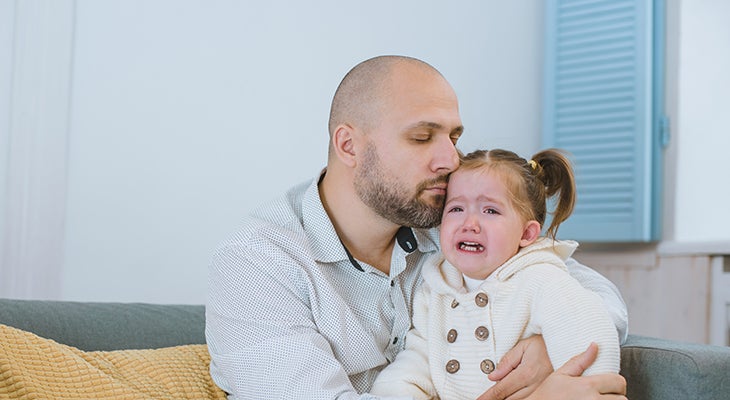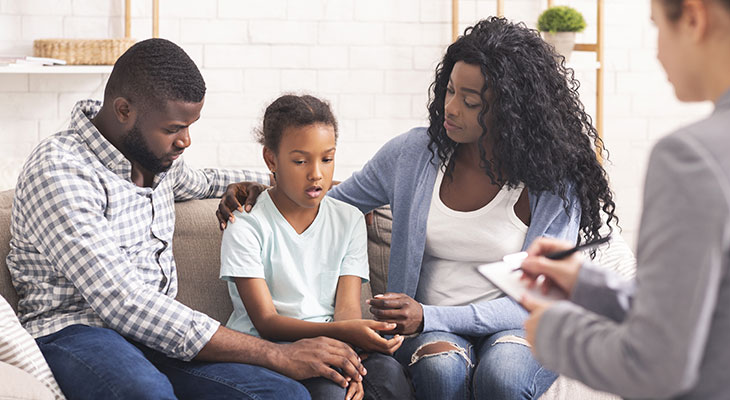CRESTWOOD, Ky. — If you think your child has regressed during the pandemic, you're not alone.
Pediatricians have seen how disruptions in their normal routines are throwing them into regressive behaviors. Whether it's because of COVID-19, the birth of a sibling, or a parent's job loss or divorce, stresses can cause a child to lose recently acquired skills, from sleeping to potty training.
Dr. April Mattingly, a pediatrician at Norton Children’s Medical Group – Crestwood says this is not the time to overreact. She says this is normal and temporary, and there are ways to help the situation.
"As parents, we know our kids are smart, but we overestimate their ability to understand what's going on, so I think it's important to shield them a little bit from the bad and the scary," Dr. Mattingly said. Don't overshare what's going on. Keep things simple."
She says potty training regression in a 4-year-old is a common sign of stress. If you see this happening, go back to the basics, talk to them about how they're feeling, and praise them on days they stay dry.
Don’t punish your child for regressing, but don’t reinforce it either. Dr. Mattingly says you should have them help clean up accidents. If you're holding them, and they start baby talk or thumb-sucking, put them down.
Other children may become more needy for your attention. If that happens, make a point to take breaks during the day, where your focus is entirely on them.
"I know parents are home working, and with their kids all day long, but that's not quality time," Dr. Mattingly said. "So, just 10 to 15 minutes of sitting and playing Legos or a puzzle, is something where you're one-on-one that can really go a long way."
We all know screen use has increased during this last year, but try to balance it out with other activities. When it comes to screen time, pediatricians recommend two hours a day or less for school-aged children.
Fortunately for parents, that does not include school work.
►Contact reporter Brooke Hasch at bhasch@whas11.com. Follow her on Twitter (@WHAS11Hasch) and Facebook.
►Make it easy to keep up-to-date with more stories like this. Download the WHAS11 News app now. For Apple or Android users.
Have a news tip? Email assign@whas11.com, visit our Facebook page or Twitter feed.



